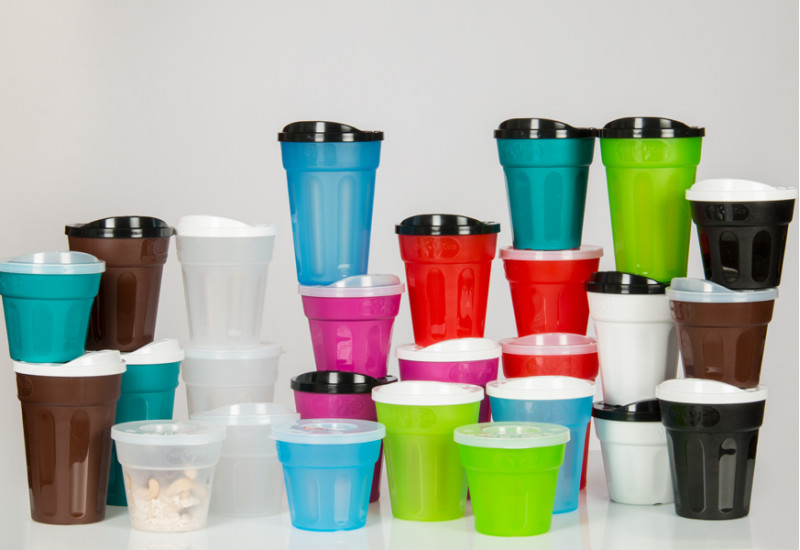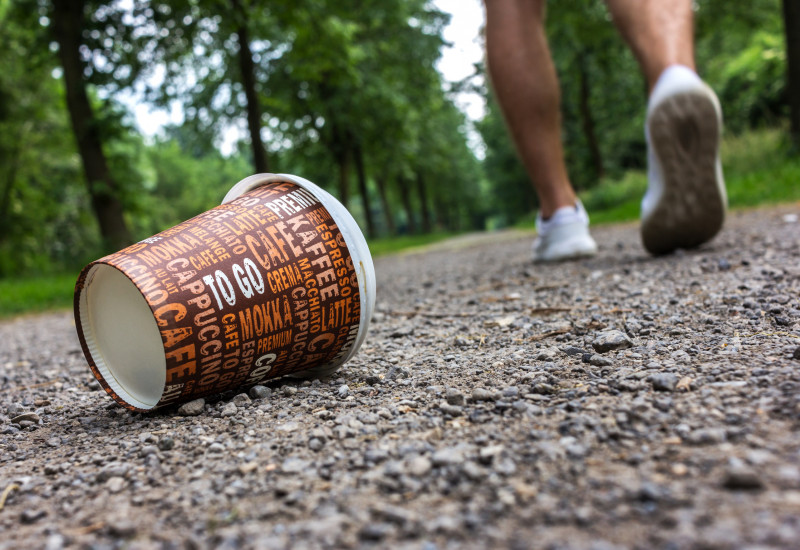Efficiency increase oftentimes reduces product or service costs, which can in turn ramp up consumption (due to reduced prices), thus partly canceling out the original savings. This is known as the rebound effect. read more

 Umweltbundesamt
Umweltbundesamt

Efficiency increase oftentimes reduces product or service costs, which can in turn ramp up consumption (due to reduced prices), thus partly canceling out the original savings. This is known as the rebound effect. read more

More than 800.000 tonnes of refrigerators, dish washers and other appliances were collected in 2017. read more

From 12 June to 16 July interested citizens can submit their ideas and suggestions for the German federal government's resource conservation policy. Their proposals will be taken into account in the update of the German Resource Efficiency Programme ("ProgRess") . read more

New UBA study: Numbers, background information, research needs, and measures to combat the plastic flood. read more

The FairCup start-up is the first company to be awarded the Blue Angel ecolabel for its reusable cup system. FairCup started out as a student project at a vocational training school in Göttingen. The company is now represented all over Germany. The aim of the Blue Angel for resource-saving reusable cup systems (DE-UZ 210) is to reduce the number of disposable cups that are used. read more

German consumers use 2.8 billion disposable cups per year for hot beverages, an equivalent of 34 cups per person. read more

Raw material prices must reflect the ecological truth. UBA is calling for more protection of the environment in the mining sector. read more

Producers subject to mandatory registration must be registered in LUCID packaging registry starting 1 January 2019 read more